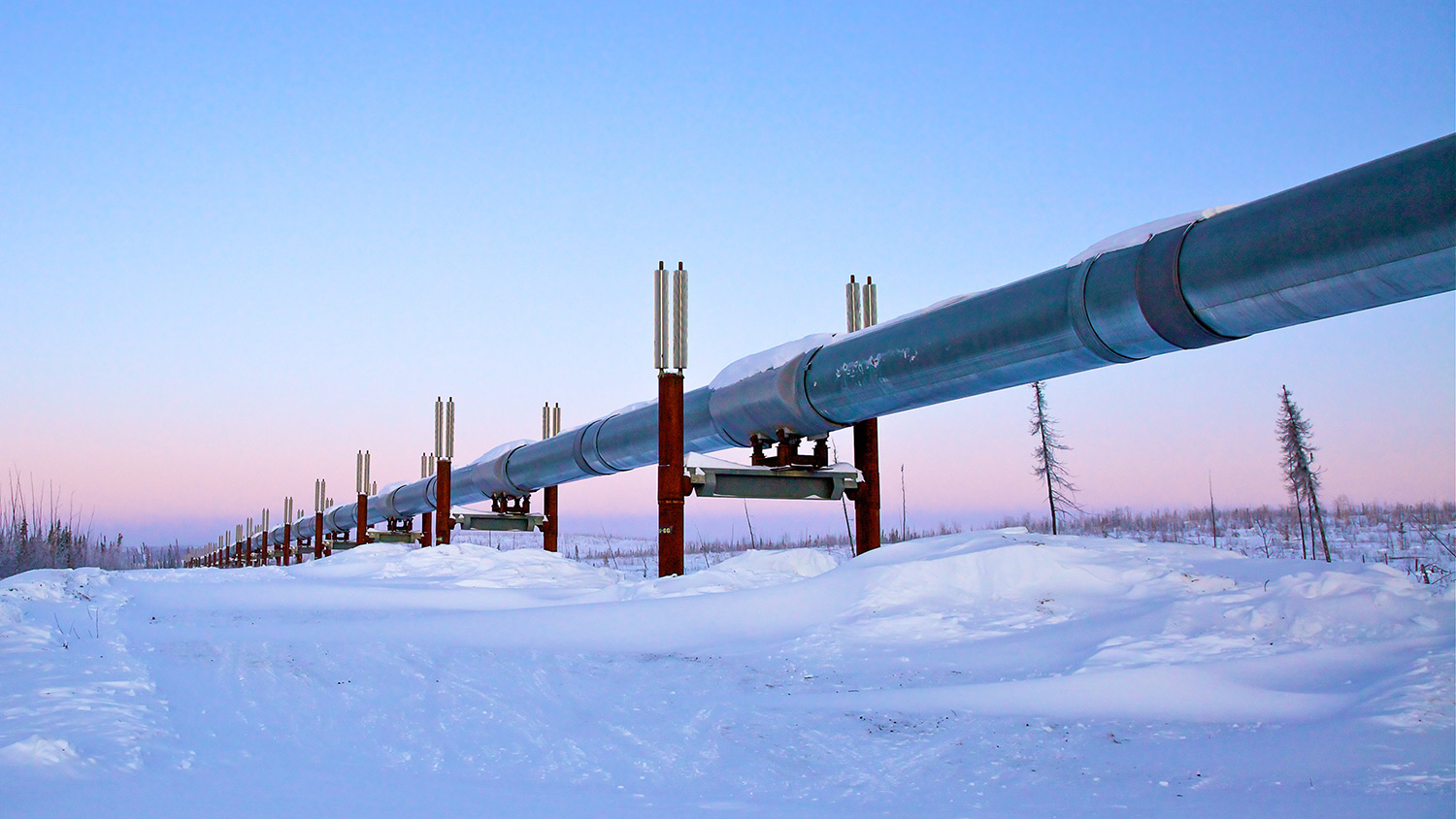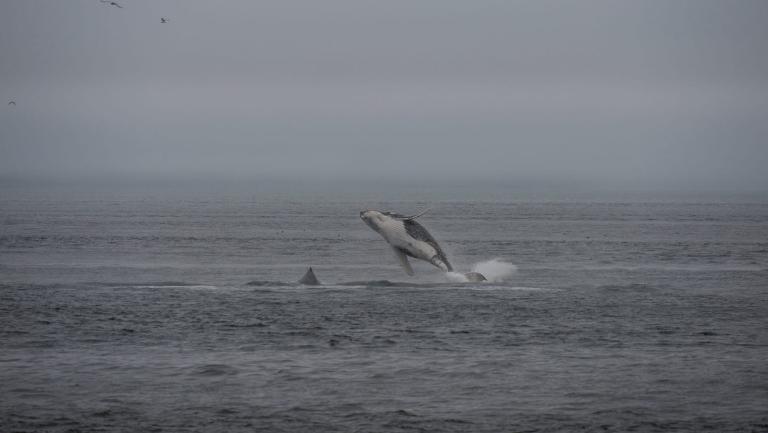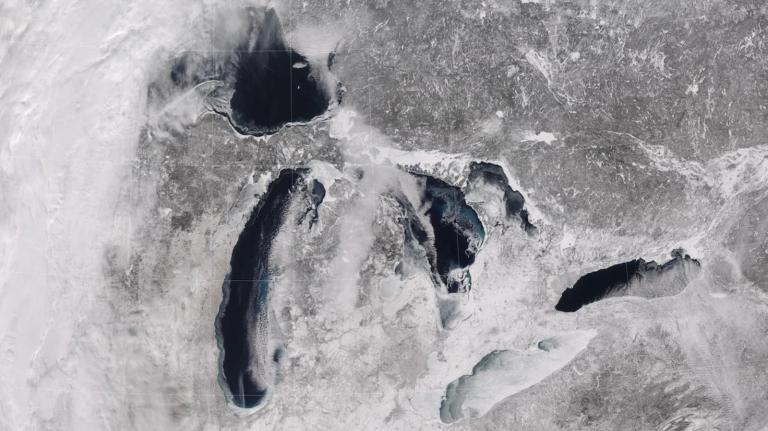The folks invested in Canadian tar sands are growing tired of twiddling their thumbs. After years of pushing and waiting, they still don’t have enough capacity to move all the oil they want to extract. The proposed Keystone XL pipeline through the lower 48 has become a symbol for environmental activists and American conservative legislators, resulting in a protracted political drama. At this point, it’s unclear whether the project will ever be built.
Meanwhile, another proposed pipeline, the Northern Gateway through British Columbia, has also stalled despite preliminary federal government approval. Many in the province are worried about the environmental damage the project could do to coastal ecosystems and waterways where salmon breed, and are challenging the project in court. Another proposed pipeline project through B.C., the Trans Mountain expansion, and one to the east through New Brunswick, the Energy East project, are also going nowhere fast.
But there could be another way to get that oil out to ports: It could travel through Alaska.
Bloomberg is reporting that the government of landlocked Alberta is chatting with Alaska about shipping tar-sands oil through the state.
The Alaska plan would involve constructing a pipeline along the Mackenzie River valley and then west to existing ports on the U.S. coast, Alberta Premier Jim Prentice said Friday in an interview at Bloomberg’s headquarters in New York. Alaskan ports have been staging points for maritime crude shipments for decades.
“It’s technically feasible,” Prentice said. “Whether it’s economically feasible has yet to be determined, so we’re working on that.”
Alaska depends on oil royalties to keep the government running, and with the price of crude way down, the state is looking at a multibillion-dollar budget shortfall. A pipeline through the state could, in theory, help with that problem. But even if both the province and the state in question are on board, it’s still unclear whether such a project would make sense technically and economically, especially with the cost of oil so low.
Alternatively, one railroad corporation is proposing shipping the tar-sands oil through Alaska by rail. But that plan might not make much sense either: It would require a 1,600-mile, $15 billion rail project that, once completed, could have 10 trains pulling 200 cars with 1.5 million barrels of oil a day.
“You would have to have at least three or four loading docks,” one transportation consultant told the Edmonton Journal. “Is it feasible? Yes. Is anything like this done anywhere else? No. That’s why pipelines exist.”
Hmm.
And then there’s the politics of all this. Activists have been having increasing success blocking efforts to move tar-sands oil — influencing public opinion, winning politicians over to their side, and generally making a lot of noise about climate change and environmental degradation. And a new pipeline between Alberta and Alaska would require approval by the U.S. president, just like Keystone does, because it would cross an international line. You can be sure activists would make it into another big symbol.
So, considering the technical, financial, and political hurdles, we might not have to worry about tar-sands oil spills coming to Alaska — yet.




